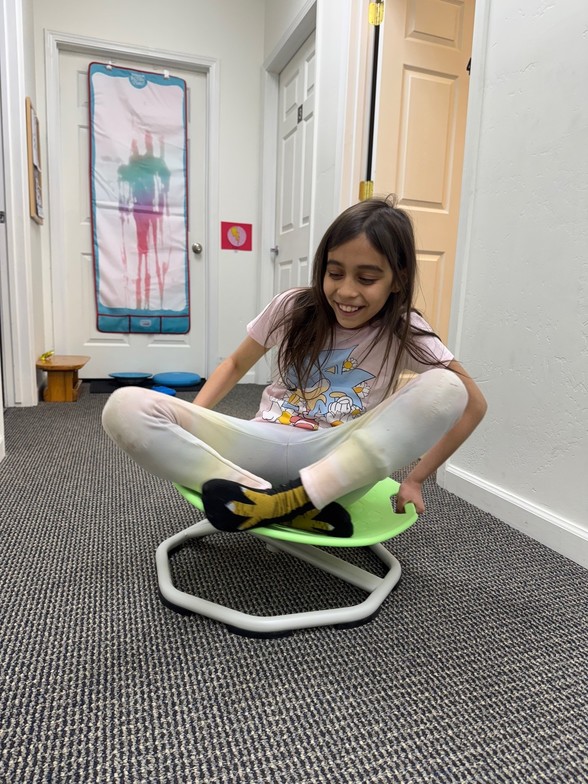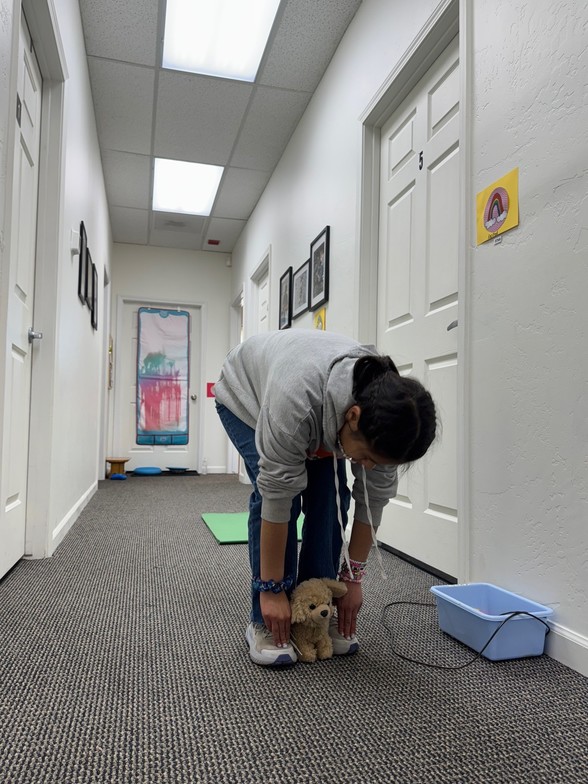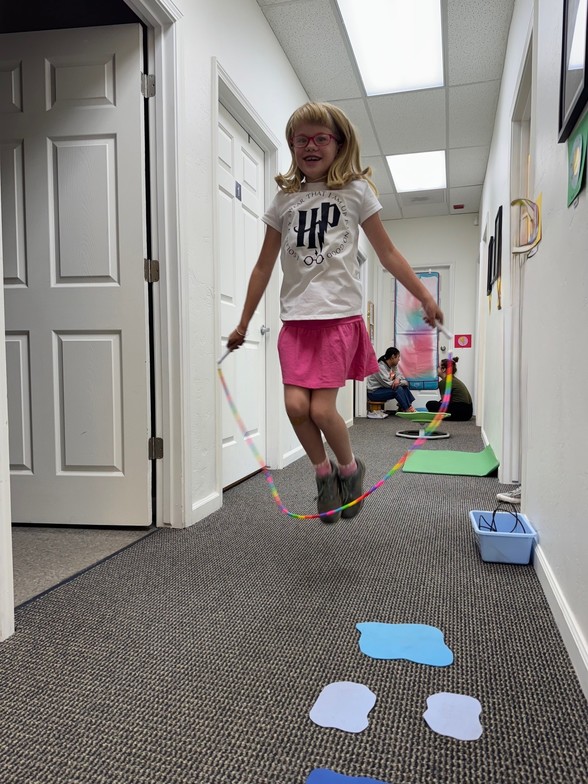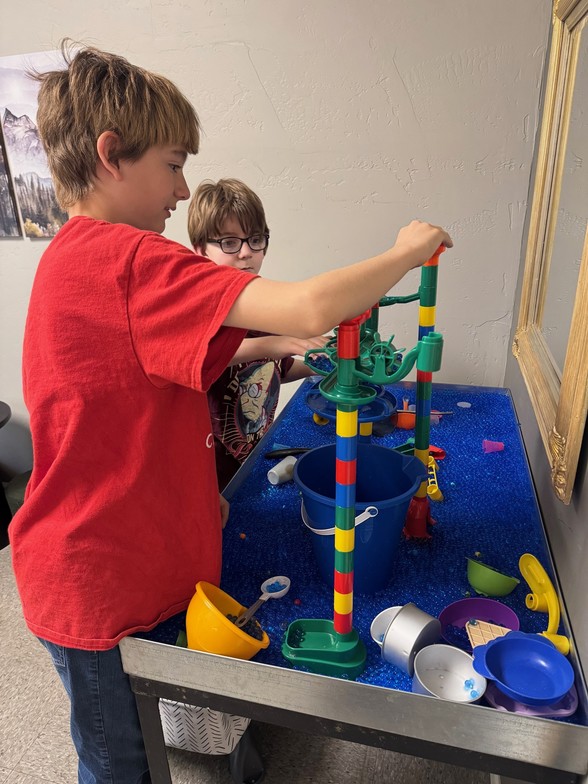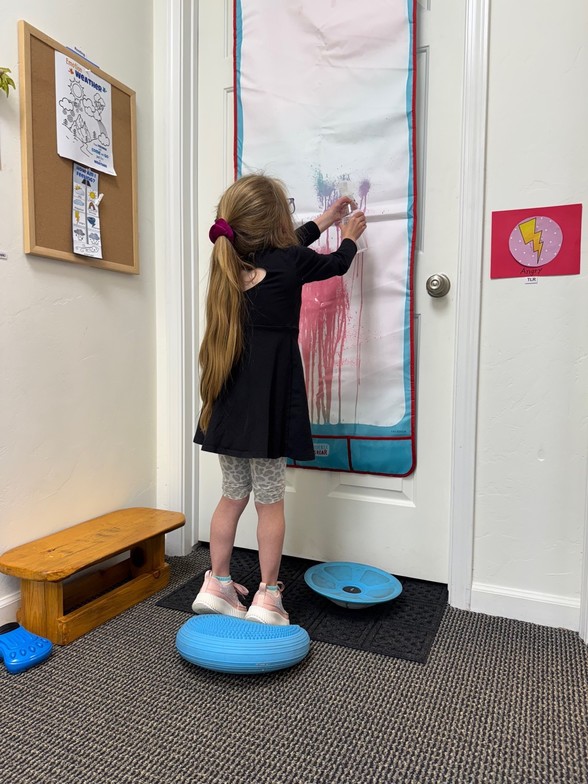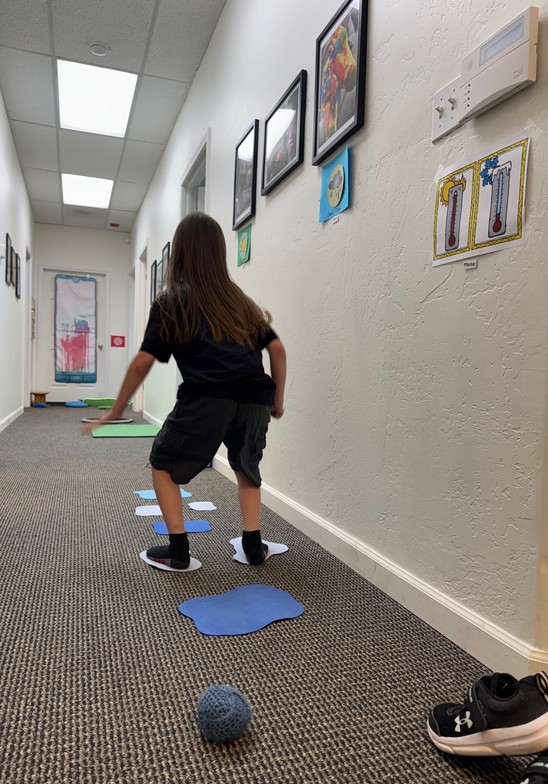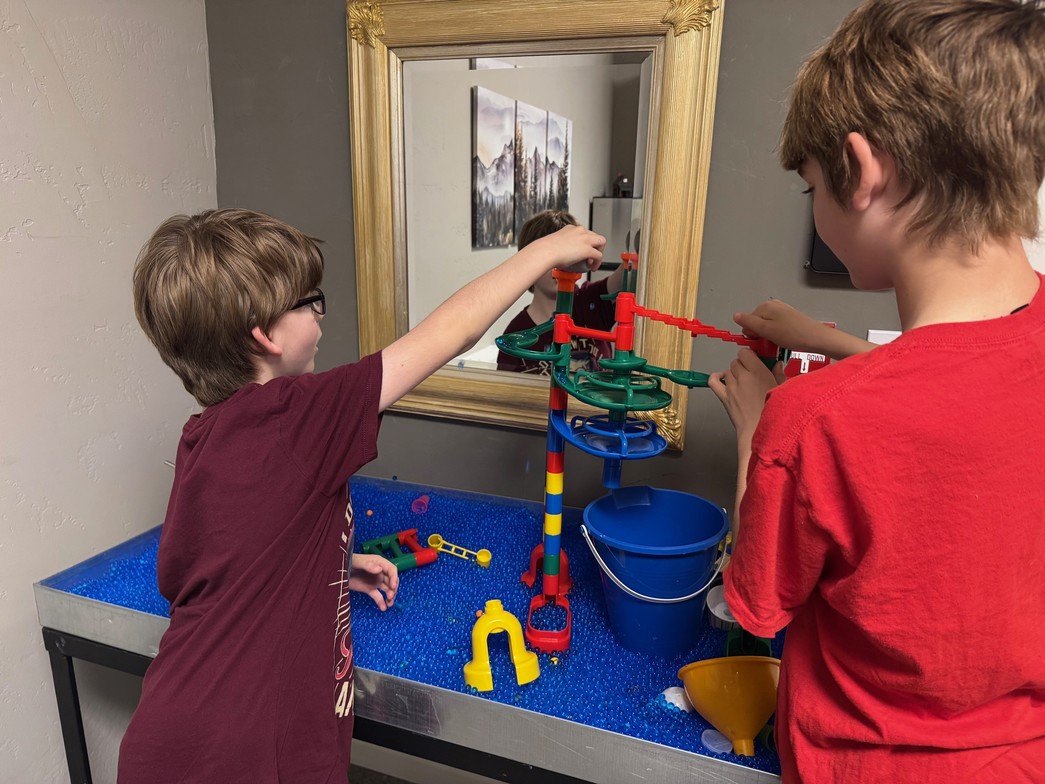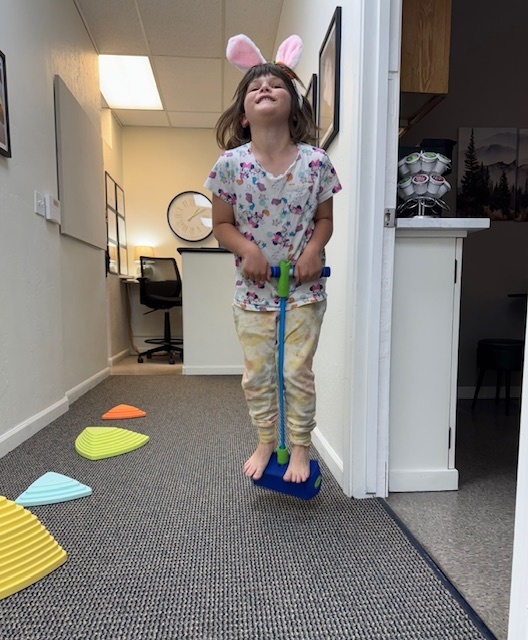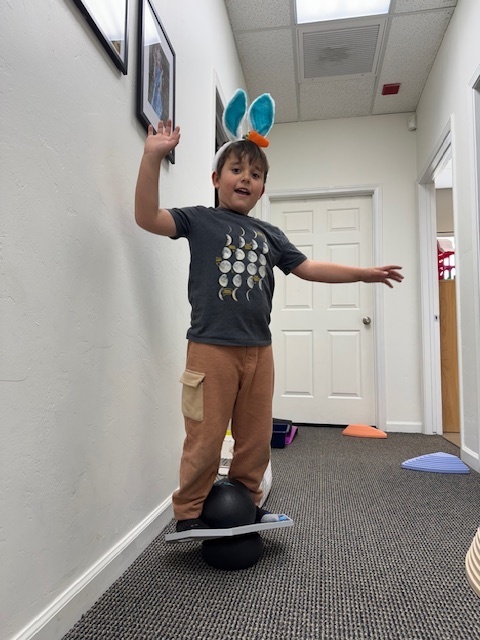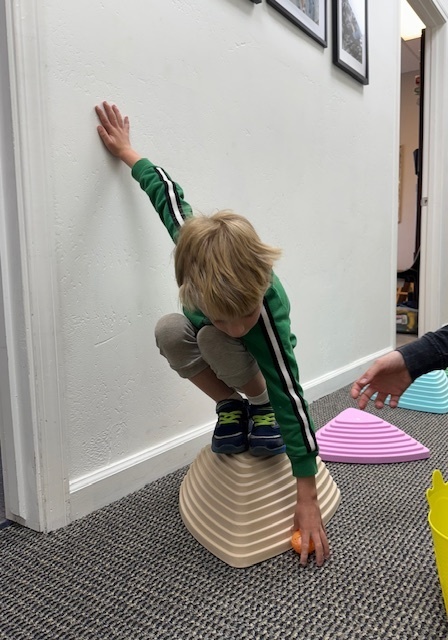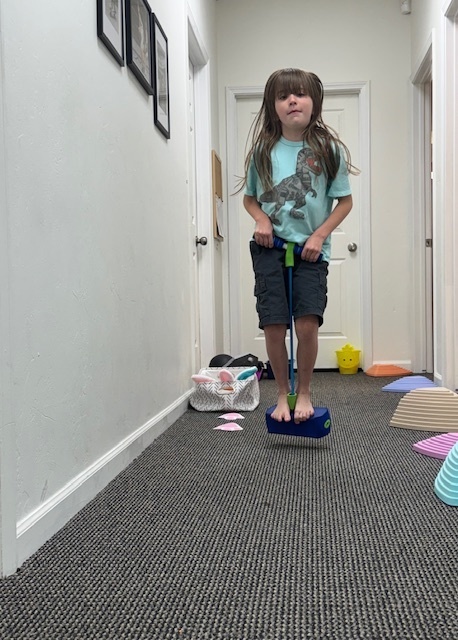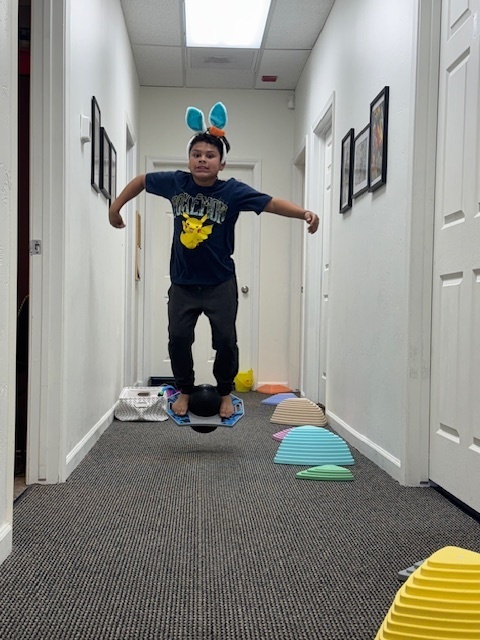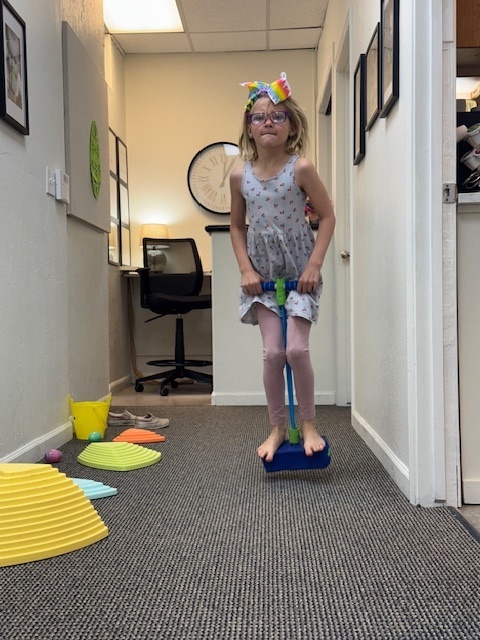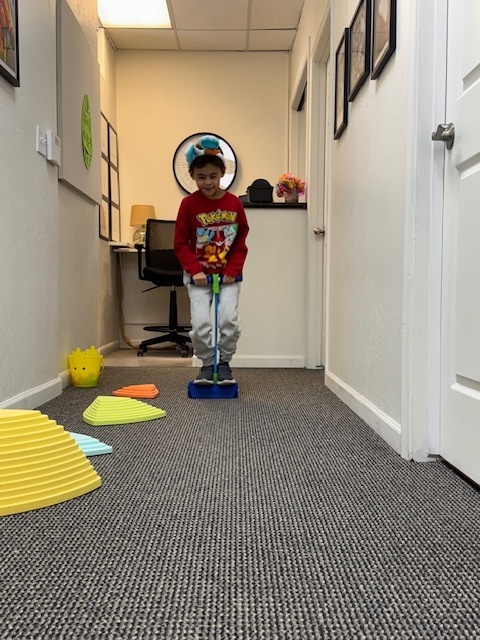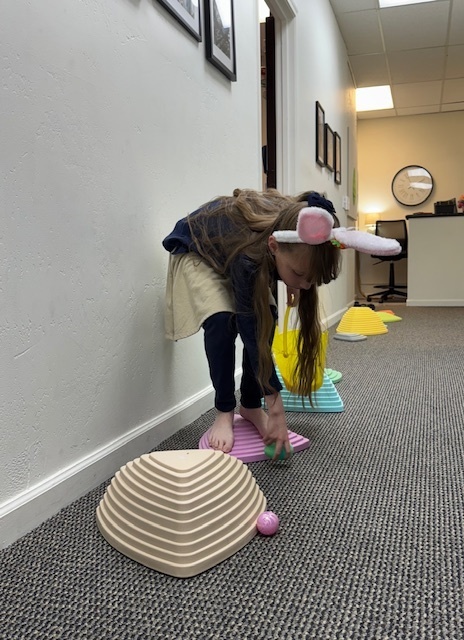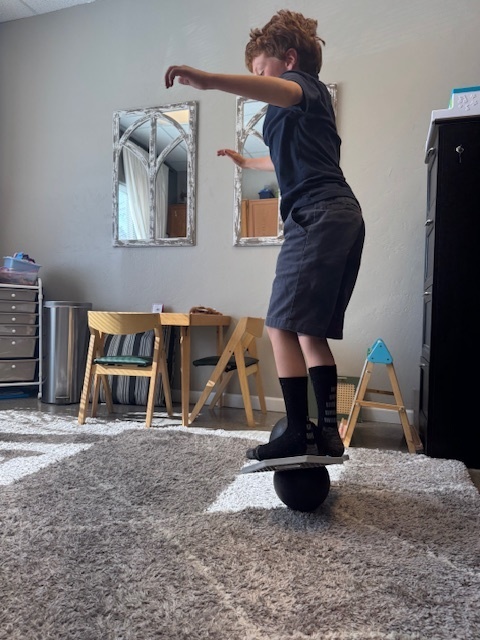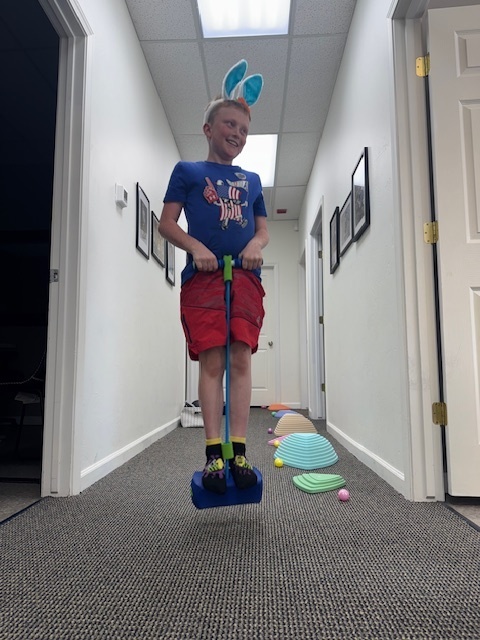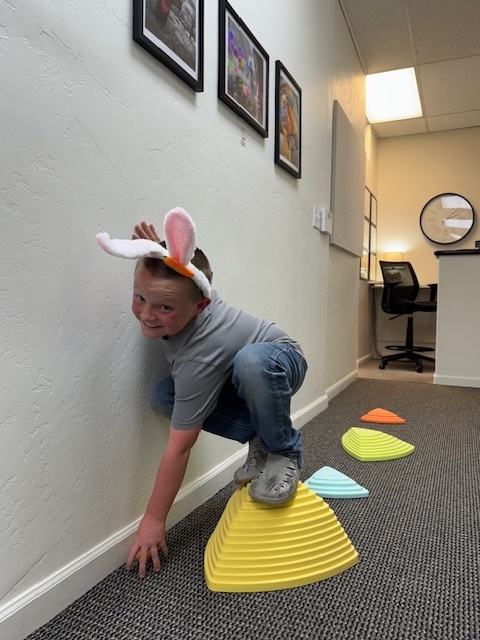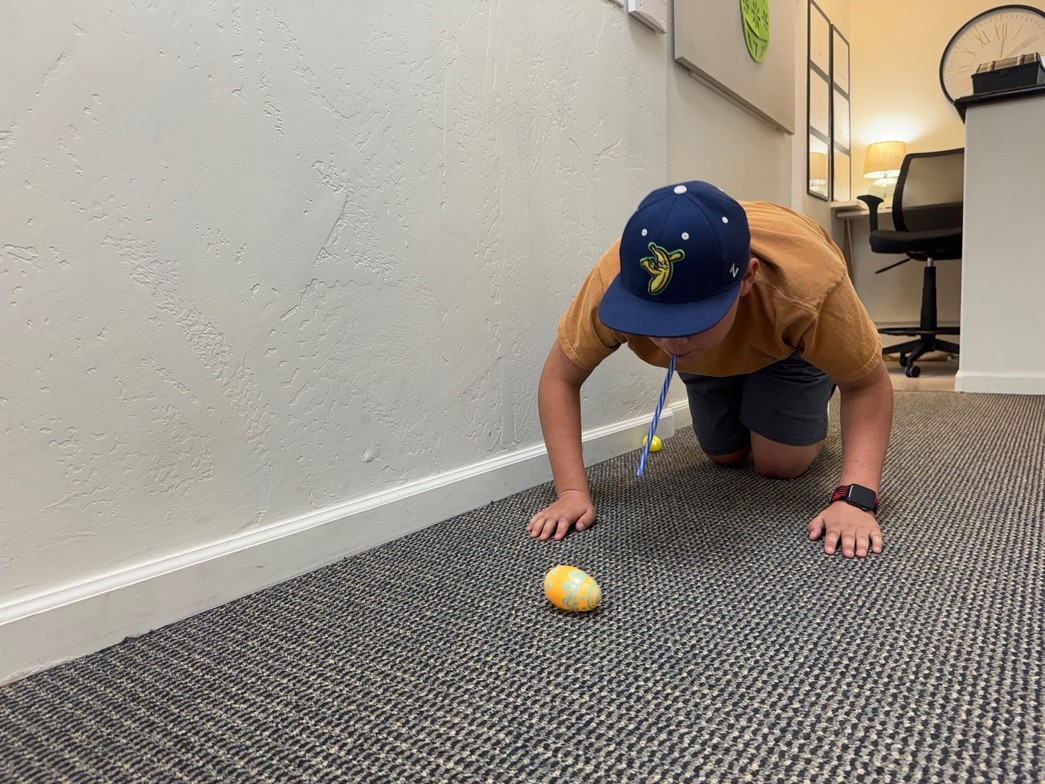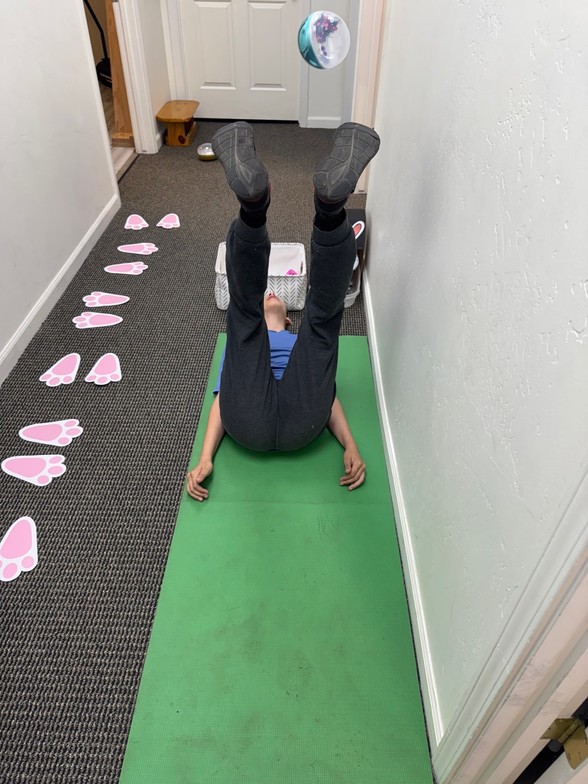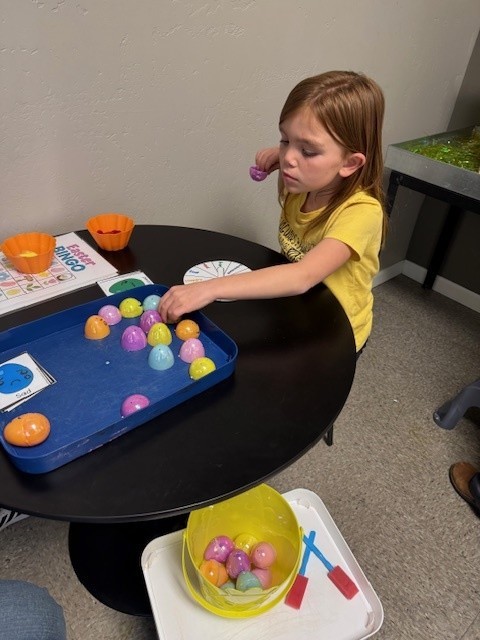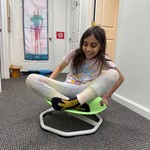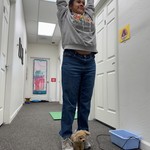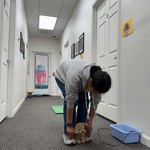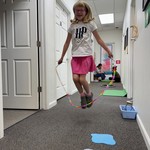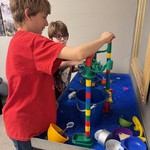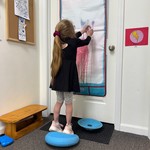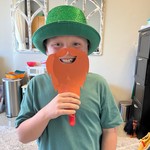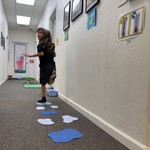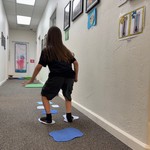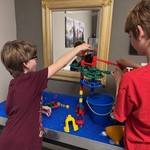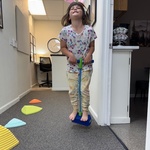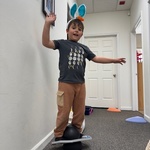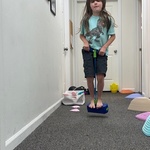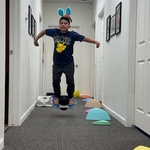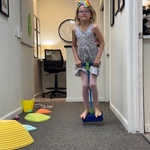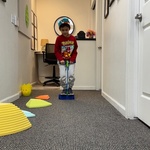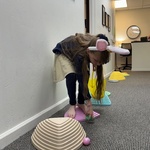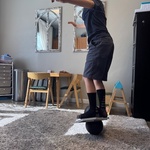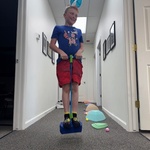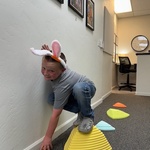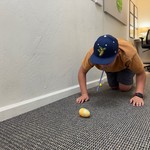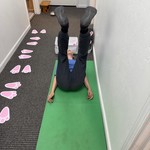Does Your Child Have Retained Primitive Reflexes?
Primitive Reflexes are the special reflexes that develop in the brain stem before birth. These reflexes are automatic movements and require no conscious thought. They help the baby with positioning in the womb, birthing, feeding and development in the first months of life. Most of these Primitive Reflexes go away as higher functions of the brain and muscle control develop. If these reflexes remain after the first year of life they interfere with the neurological organization of the brain.
Since Primitive Reflexes start at the base of the brain, functions that try to develop above them do not wire properly. It can cause or contribute to: Autism Spectrum Disorders, Sensory Processing Disorders, Hyper Activity, ADHD, Speech Disorders, Social Disorders, Asthma, Dyslexia, Dysgraphia, Dyscalculia, Immune Disorders and learning disabilities
How Did This Happen?
There are many children and adults that for one reason or another still have one or more Primitive Reflexes remaining. Some causes may include a difficult birth, C-Section, lack of “tummy time” (too much time laying in seats or swings), lack of crawling, walking early, exposure to toxins, head injuries, physical and/or emotional trauma.
What Can Be Done?
Primitive Reflexes can be integrated through occupational therapy. Our therapists will assess the integrity of your child’s central nervous system. A customized exercise program will then be implemented to facilitate integration of these foundational reflexes. The goal is to improve the neural pathway development which will allow for more mature movement patterns and higher-level learning that may have been previously blocked. If your child has any symptoms of Retained Primitive Reflexes contact Pediatrics in the Pines Occupational Therapy for an evaluation.
Moro Reflex - Starfish
Symptoms: Easily Distracted, Hypersensitive to Sensory Stimuli (Light, Sound, Touch), Over Sensitive to Motion, Overreacts, Impulsive, Emotional Immaturity, Withdrawn or Shy, ADD, ADHD, Autism Spectrum, Difficulty Making Friends, Depression, Dyslexia, Allergies/Asthma, Anger or Emotional Outbursts, Poor Balance and Coordination, Poor Digestion, Food Sensitivities.
Asymmetrical Tonic Neck Reflex - Fish
Symptoms: Reading/Math Difficulties, Dyslexia, Poor Eye-Hand Coordination, Immature Handwriting, Poor Depth Perception, Poor Balance.
Symmetrical Tonic Neck Reflex - Cat Stretch
Symptoms: Low Muscle Tone, Poor Posture, Vision/Tracking Issues, Difficulty Reading, Dyslexia, Skips Crawling, W-Sitting, ADD, ADHD, Fidgety, Poor Eye-Hand Coordination, Sloppy Eating.
Tonic Labyrinthine Reflex - Windmills
Symptoms: Toe Walking, Poor Concentration, Muscle Tone Issues, Poor Posture, Dyspraxia, Motion Sickness, Speech/Auditory Processing, Poor Balance, Spatial Awareness.
Spinal Galant Reflex - Slow Angels
Symptoms: Fidgety, Hyperactivity, Poor Concentration, Bedwetting, Short Term Memory Issues, Fidgeting, Low Endurance, Chronic Digestion Issues.
Testimonials
Dante's mom
My son has worked with Ms. Lisa for the past three years as his Occupational Therapist. She has been an amazing asset to his personal growth and development. Ms. Lisa is compassionate, dedicated and forward-thinking. Ms. Lisa has gone above and beyond in developing a tailored program to help with my sons’ future successes within his life. Lisa has also worked closely with me when I struggle as a parent, helping to find solutions as a team.
~MM
Kaydence’s Dad
Sherrie is the best Occupational Therapist we have ever worked with. She has, over the years, made a huge, positive impact on my family through her unceasing effort with our special needs daughter. Personally, I think Sherrie is one of the finest people I have ever met. Her commitment to the important things in life, things like integrity and family, are of utmost importance to her. She is a living example of excellence in every way.
~R.T.
Pediatrics in the Pines Occupational Therapy
242 Whipple St, Suite 1Prescott, AZ
86301-1787
pediatricsinthepinesot@proton.me
View Staff & Treatments